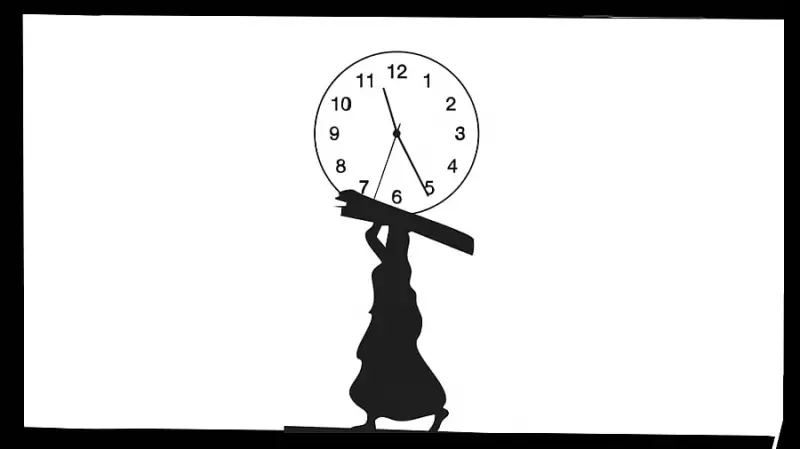
Ever wondered what the average Indian workday truly looks like? The latest Time Use Survey from the government reveals eye-opening patterns that challenge conventional wisdom about how the nation spends its productive hours.
The Real Story Behind India's Working Hours
While official employment statistics often paint one picture, the time-use data tells a more nuanced story. The survey captures not just paid employment but all productive activities - including the massive amount of unpaid work that keeps households and communities running.
Gender Divide: The Unpaid Labor Gap
One of the most striking findings is the dramatic gender disparity in how time is allocated. Women spend significantly more hours on unpaid domestic and caregiving work compared to men. This invisible labor, while not counted in traditional economic metrics, forms the backbone of India's social and economic structure.
The data shows: Women's workdays often extend far beyond the typical 8-hour shift when you account for household management, child care, and elder care responsibilities that frequently fall on their shoulders.
Rural vs Urban: Different Worlds of Work
The survey highlights substantial differences between rural and urban work patterns. Rural workers, particularly in agriculture, demonstrate more fluid boundaries between work and personal time, while urban professionals often adhere to more structured schedules.
What This Means for India's Economic Future
Understanding these patterns is crucial for policymakers and businesses alike. The data suggests that:
- Traditional employment metrics may be underestimating women's economic contributions
- Work-life balance challenges vary dramatically across different segments of society
- Productivity measures need to account for the full spectrum of productive activities
The Bigger Picture
This comprehensive time-use survey provides valuable insights for shaping future labor policies, social security programs, and corporate work cultures. It highlights the need for more inclusive definitions of work and better support systems for the unpaid labor that sustains Indian families.
As India continues its economic transformation, recognizing and valuing all forms of work - paid and unpaid - will be essential for building a more equitable and productive society.





